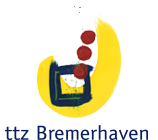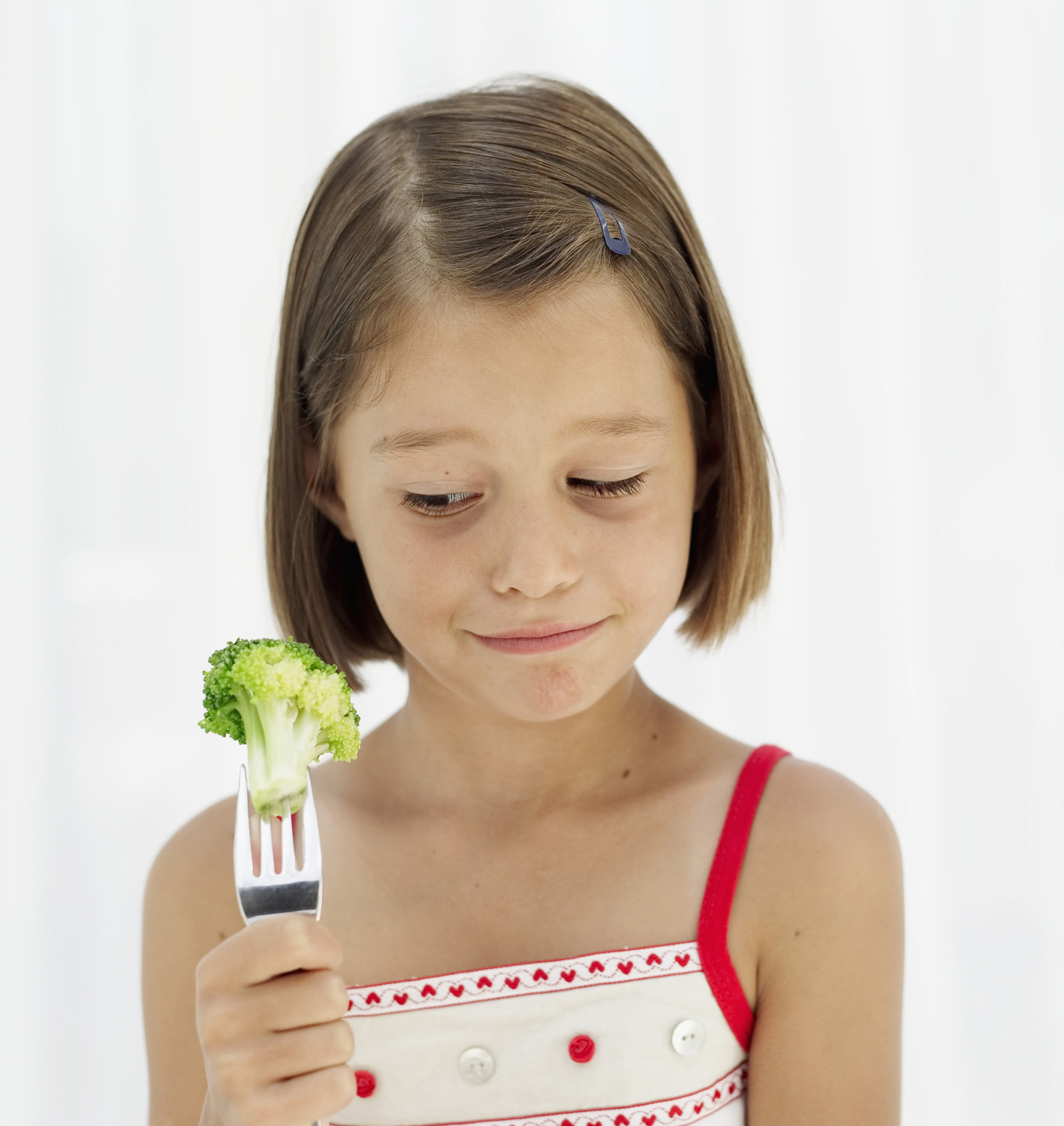Whilst the sense organs are fully functional from birth onwards, perception is a matter of practice. Sensory tests at ttz Bremerhaven have shown that other benchmarks apply for children than for adults. Taste is not inherited. Over 400 children between three and eight years of age from in and around Bremerhaven have been taking part in sensory threshold tests which were applied at the ttz especially to measure the sensory perception of children. Particularly in the case of how sweet is experienced are there significant differences to adults. To date however, the same DIN standard officially applies as the basis for taste tests for both adults and children.
Bremerhaven, April 2009. When tasting the temperature of baby tea, some adults shudder at the sweetness. Sensory tests with children have however shown that they perceive taste thresholds completely differently to adults. The sensation of “sweet” only sets in at relatively high sugar concentrations of 8.6 grams / litre – that corresponds to the sweetness of a fruit juice beverage. A comparative test with students made the differences evident: For the comparison group, far lower sugar concentrations were also clearly distinguishable. In the framework of IDEFICS, an EU project led by Project Manager Kirsten Buchecker, the sensory laboratory at ttz Bremerhaven is investigating the eating habits and taste perception of children. An understanding of the taste perception of children from different age groups is thus elementary for the development of programmes which encourage a balanced diet.
The investigations have shown that with increasing age there is a clear drop in the lower stimulus thresholds. In other words: the older the child/youth, the lower the concentration at which a solution is just about still experienced as being not completely tasteless. This so-called stimulus threshold sank particularly dramatically between the age of eight and adulthood. Organic reasons cannot provide any explanation for this since the taste organs as well as their neural network are already fully developed at that age.
What children however still lack are the comparative data needed to classify a new taste. How fast such a “reference archive” for taste patterns is built up depends on the frequency of confrontation with a specific taste sensation. The taste pattern for “tomato” is stored in the brain upon repeated consumption. “Everything which is familiar is then later judged positively. Thus when becoming accustomed to artificially flavoured foodstuffs under the keyword of “tomato”, the taste pattern of ketchup can also be archived. The taste confrontation with a real tomato can then be irritating and provoke rejection”, explains Werner Mlodzianowski, taste researcher at ttz Bremerhaven.
The investigations showed that the learning process of taste recognition, other than had to date been assumed, is at eight years of age not yet finished. Children’s perception differs greatly from adults’ taste sensation. As a result of their experience, adults dispose of numerous stored taste references which facilitate the classification of a new sensation. The EU project IDEFICS will continue to gather further findings and data up until 2011 in order to research into the causes of obesity amongst children. On the basis of the results, an intervention programme will be developed with the aim of counteracting the problem through a combined diet and exercise concept.
More information about the project IDEFICS can be also found in the IDEFICS project description.
Press pictures for editorial use (foto: ttz/pr)
Picture:
Not just green but bitter as well – broccoli is generally not very near the top of children’s list of culinary favourites. We only learn to appreciate bitter foodstuffs the more often we eat them.
Image source: IDEFICS Report (BIPS)
Download with right mouse button: “Save as…”
ttz Bremerhaven is an innovative provider of research services and operates in the field of application-oriented research and development. Under the umbrella of ttz Bremerhaven, an international team of experts is working in the areas of food, environment, health and consulting.





